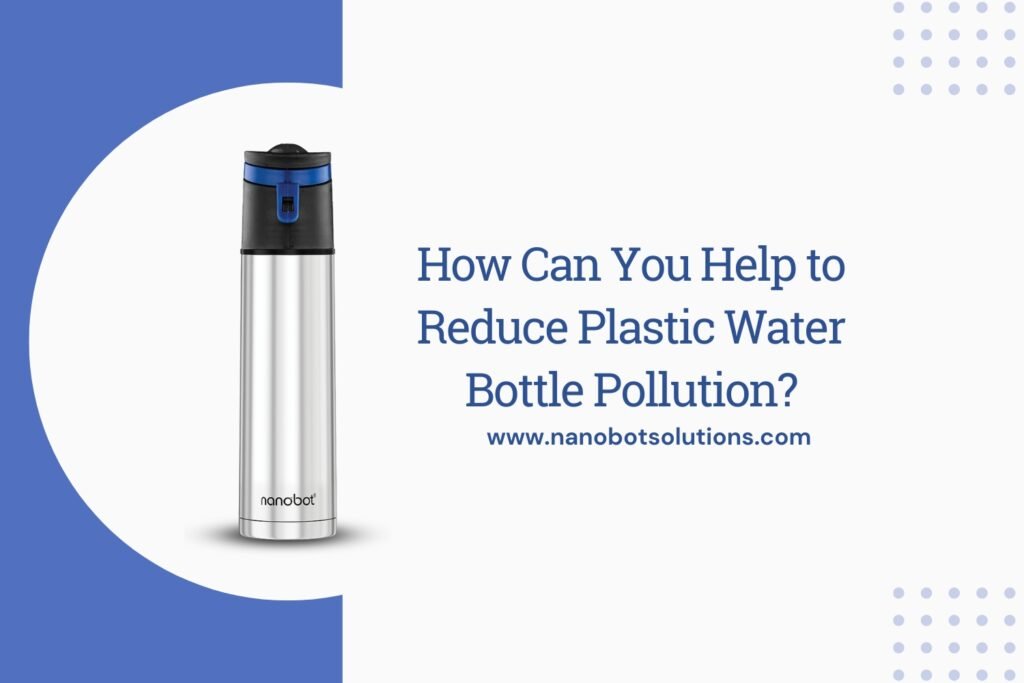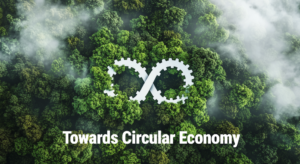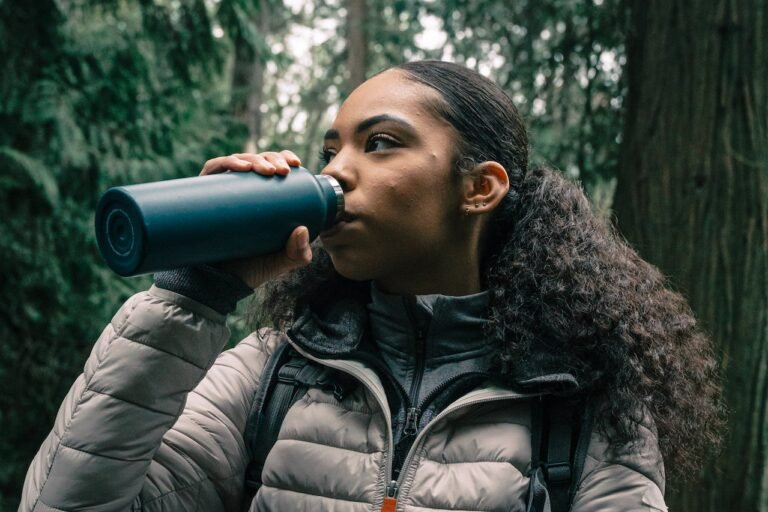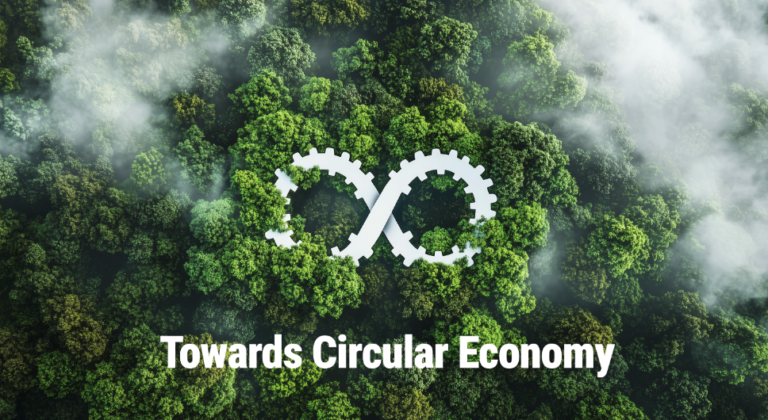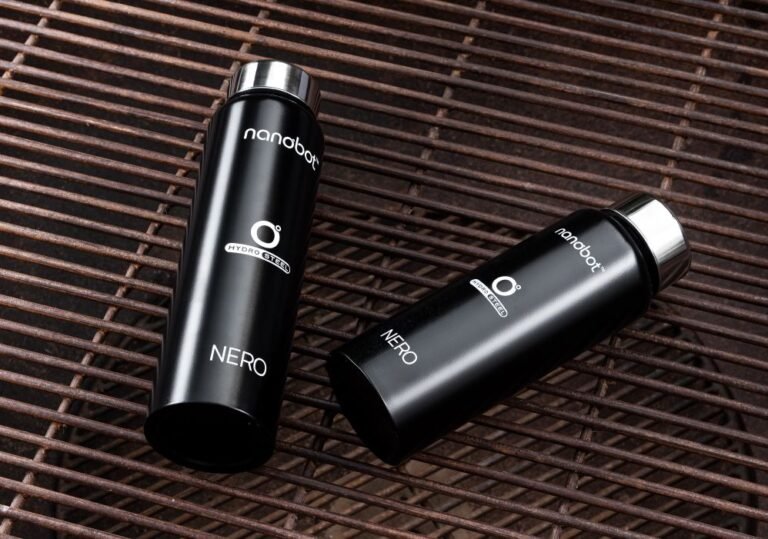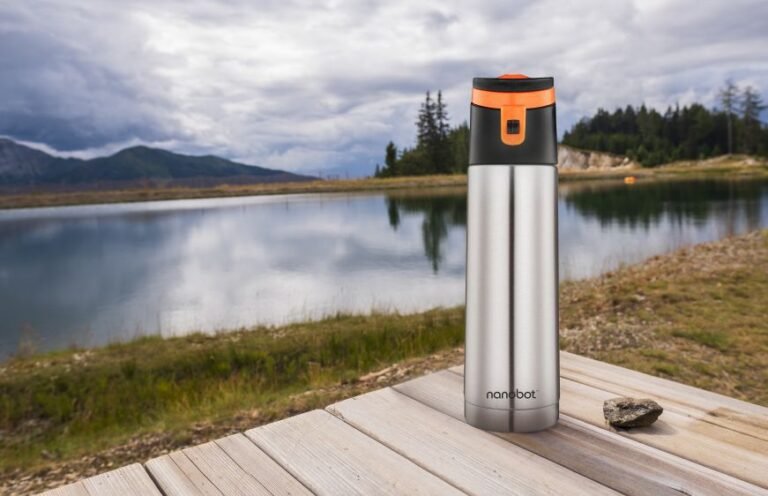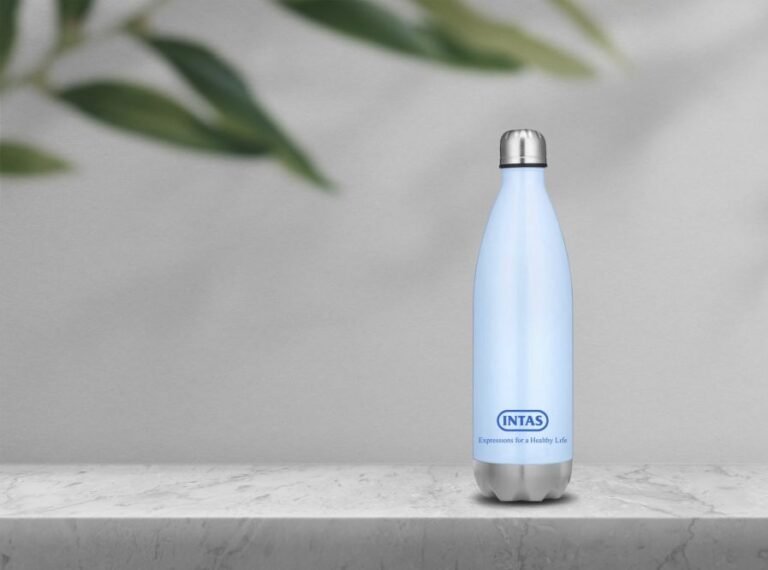
Plastic water bottles have become a ubiquitous part of modern life. They are easy to use, convenient, and widely available. Unfortunately, they also have a serious environmental impact, and many people are looking for ways to reduce their use of these products. If you are interested in reducing plastic water bottle pollution, there are many steps you can take. Here are a few ideas to get you started.
How Can You Help to Reduce Plastic Water Bottle Pollution?
- Use a Reusable Water Bottle
The easiest and most effective way to reduce your use of plastic water bottles is to simply stop using them. Instead, invest in a high-quality reusable water bottle that you can take with you wherever you go. There are many different types of reusable water bottles available, from stainless steel to glass to plastic. Look for a bottle that is easy to clean, durable, and well-insulated, so that you can keep your water cool and refreshing all day long.
- Carry Your Water with You
One of the reasons people turn to plastic water bottles is because they are so convenient. When you’re on the go, it can be hard to carry a reusable water bottle with you. However, with a little bit of planning, you can make it easier to carry your water with you. Consider investing in a bag or backpack that has a built-in water bottle holder, or simply carry a small tote bag with you that you can use to transport your water bottle.
- Choose Sustainable Alternatives
There are many sustainable alternatives to plastic water bottles available on the market. For example, you might consider using reusable glass or metal instead of plastic one.

- Use a water filtration system
One of the main reasons people buy plastic water bottles is to have access to clean drinking water. However, you can achieve the same result by using a water filtration system at home or work. This will allow you to fill up a reusable water bottle with clean, filtered water and avoid the need to purchase single-use plastic bottles.
There are many different types of filtration systems available, including faucet-mounted filters, pitcher filters, and reverse osmosis systems. Choose the one that best suits your needs and budget, and you’ll be well on your way to reducing plastic waste.
- Spread the Word
Finally, one of the most effective ways to reduce plastic water bottle pollution is to spread the word about the issue. Talk to your friends and family members about the importance of reducing plastic waste and encourage them to join you in taking action. You can also get involved with local environmental organizations or participate in social media campaigns that promote the use of reusable water bottles.
- Support policies and initiatives that reduce plastic waste
Governments around the world are taking steps to reduce plastic pollution, such as banning single-use plastic bags, straws, and other items. You can support these efforts by advocating for similar policies in your own community or by supporting businesses and organizations that prioritize reducing plastic waste.
Additionally, some cities and states offer recycling programs that accept plastic bottles. Check with your local recycling facility to see if they accept plastic bottles and if there are any restrictions on recycling.
In conclusion
Reducing plastic water bottle pollution is a crucial step towards a cleaner and healthier planet. The impact of plastic waste on our environment and our health cannot be overstated. By taking simple steps such as using reusable water bottles, encouraging others to do the same, and disposing of plastic waste responsibly, we can all contribute to the fight against plastic pollution. Every small step towards sustainability counts, and it is up to each and every one of us to take responsibility for our actions and make conscious choices for the benefit of our planet.

